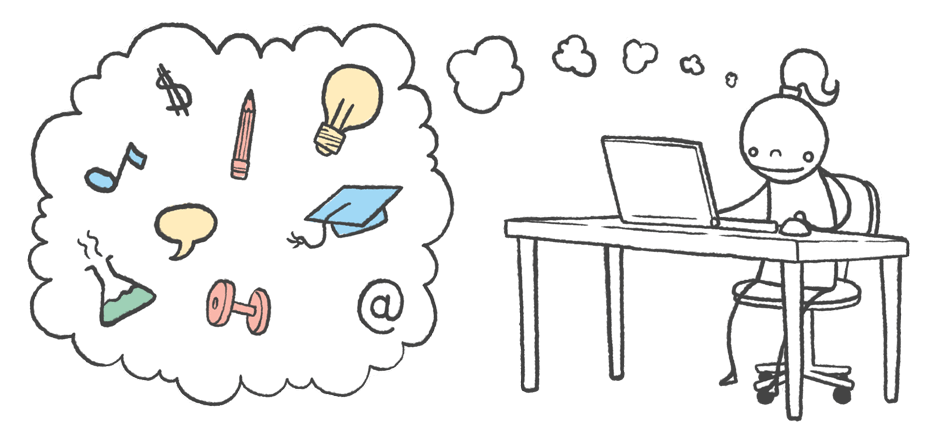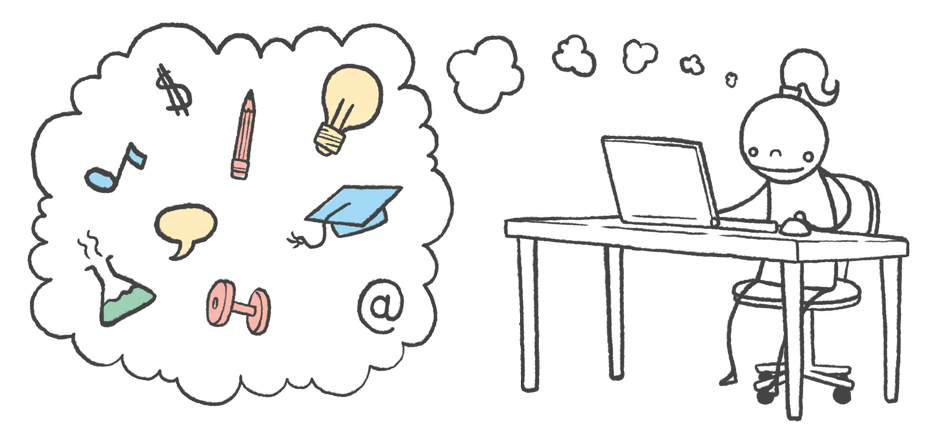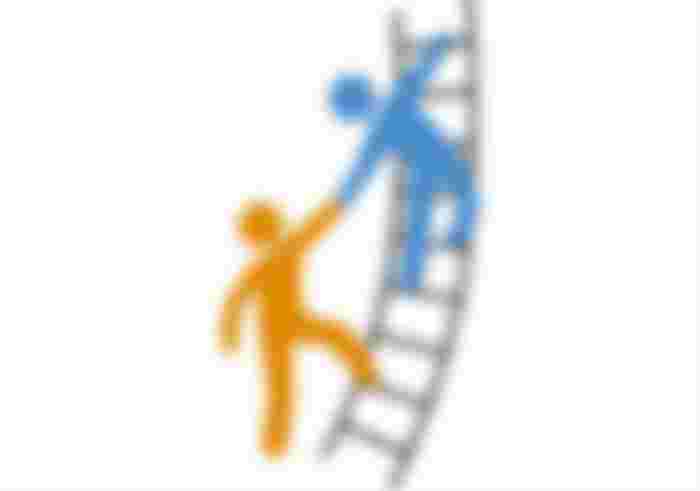Learning to write is never easy, but it doesn't have to be so hard.

As a writer, you're always looking for ways to improve your craft. You know that writing is a skill that requires practice and experience, but there are some things you can do to speed up the learning process and make sure your work is as polished as possible.
The truth is, you don't need to spend years studying grammar, learning how to spell, and memorizing the names of every type of punctuation mark that exists in the English language.
While it's important to be open to constructive criticism and accept that it's not easy to write well every time, there are some simple things you can do to cut your learning curve in half.
In fact, it's not just true—it's essential. The more you know about how to write, the better your writing will be. But you don't have to know everything there is to know about writing in order to write at an expert level. You just need to know what you need to know (and not much more).
So how do you know what information is important and what isn't? How do you find the best resources for learning how to write? How do you apply what you've learned in a way that makes sense and builds on itself, so that the next thing you learn will make sense and build on itself, too?
The answer is simple: You need a system for learning how to write better, one that lets you focus on what matters most so that your learning doesn't get lost in information overload.

There are tons of resources out there, but they all seem to be geared toward people who already know how to write—and if you're just starting out, that's not you yet. So let's talk about what it takes to get from zero knowledge to expert author in record time.
The first step is understanding why you're doing this in the first place. Why are you learning how to write? What do you hope it will accomplish? This is important because it will determine what kind of writer you want to be: Do you want to be a novelist or an essayist? A journalist or an academic? Knowing where your interests lie will help narrow your search down and make it easier for you find the right resources for developing those skills.
Next, consider how much time and energy it takes for you to learn something new. Are there other things competing with your writing time right now? How much time can realistically be spared without compromising other priorities in life? Then take into account how motivated are you when trying something new.
Thirdly—and probably most importantly—make sure there's a community around whatever form(s) of writing interest you most. Social media is great but nothing beats getting together with friends who share your interests and learning from them in person. That way, when you're stuck on something, you can just ask and get feedback or advice from people who have been through it before.

In Conclusion
Learning how to write well is a journey, but it doesn't have to be a slow one. If you're like most writers, you probably want to improve your work as much as possible in the shortest amount of time possible.
A lot of writers try to find their own way through the maze of advice out there, but it can be hard to know where to even start. And once you do start reading, it's easy to get overwhelmed by all the different ideas and techniques out there—what works for one person may not work for another.
It's hard to find time to write when you have an overflowing inbox, deadlines looming over your head, and a million other distractions pulling at your attention. But if you want to be a better writer, then it's time to put some effort into learning the craft.
It can feel overwhelming at first—especially if you're new to this—but there are ways to cut your learning curve in half and get started on the path to becoming a better writer.



I believe we have different forte and style in writing. So, if we ever discover that sooner then we can maximize our potential even more. I like this!